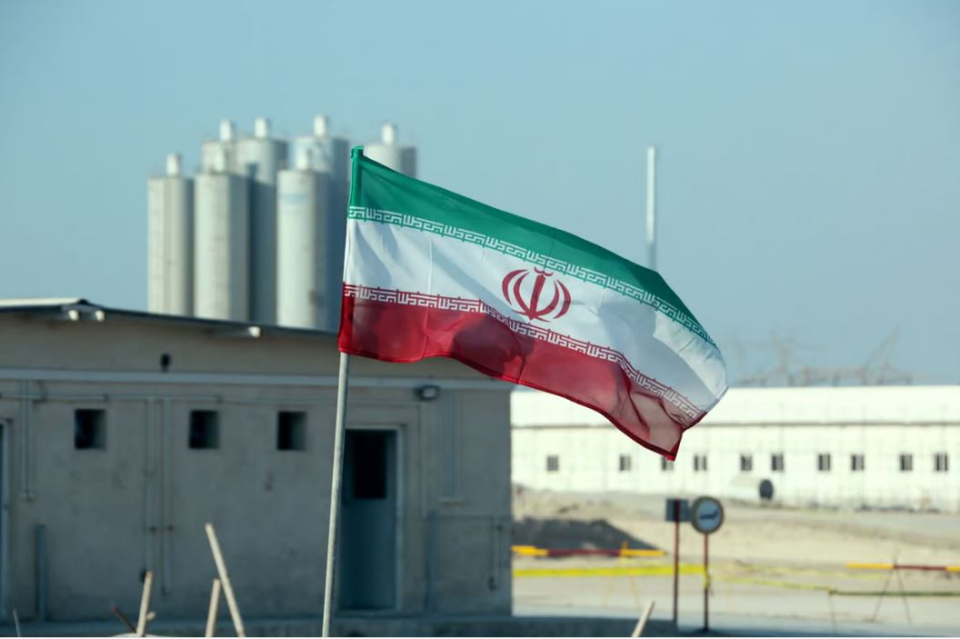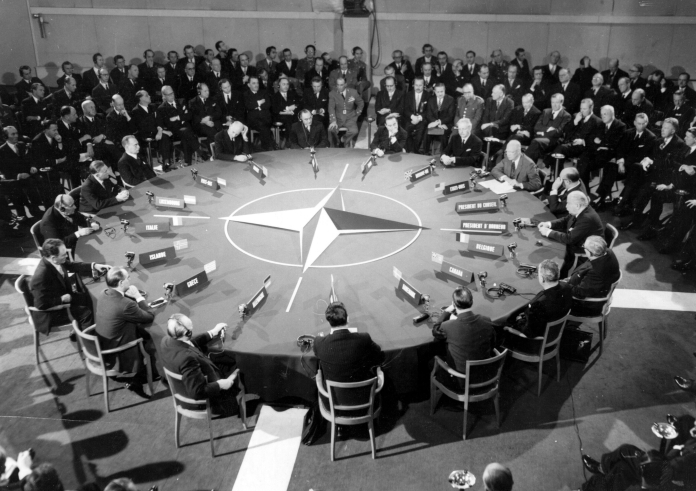Iran's Atomic Energy Organization President, Mohammad Eslami, asserted on Wednesday that Iran will not fully adhere to the 2015 nuclear deal, the Joint Comprehensive Plan of Action (JCPOA), unless Western sanctions are entirely lifted, and all parties fulfill their commitments under the agreement. Speaking on the sidelines of a cabinet meeting in Tehran, Eslami elaborated on Iran's nuclear activities and cooperation with the International Atomic Energy Agency (IAEA), as reported by the official news agency IRNA.
Eslami emphasized that the E3 group comprising France, Britain, and Germany cannot expect Iran to fully comply with the JCPOA when none of them are meeting their obligations under the deal. He underscored that Iran's nuclear actions are in line with a law passed by the Iranian parliament in 2020 to counter U.S. sanctions. Iran will continue along the same trajectory until sanctions are completely lifted.
The parliament's law mandated the government to limit IAEA inspections of Iran's nuclear facilities and accelerate the development of the country's nuclear program beyond JCPOA-established limits.
Regarding the AEOI's collaboration with the IAEA under safeguards agreements, Eslami stated that Iran has provided necessary explanations and submitted numerous documents during negotiations. He highlighted that the outstanding issues and differences between the two sides have decreased from four to two.
Iran initially signed the JCPOA with world powers in July 2015, agreeing to restrict aspects of its nuclear program in exchange for the removal of sanctions. However, the United States withdrew from the deal in May 2018 and reimposed unilateral sanctions on Iran, prompting Iran to scale back some of its nuclear commitments under the agreement.
Negotiations for the JCPOA's revival commenced in Vienna in April 2021. Despite several rounds of talks, no significant breakthrough has been achieved since the conclusion of the last round in August 2022.

















